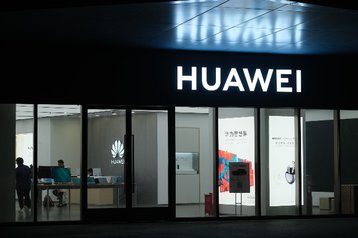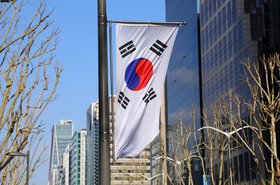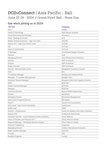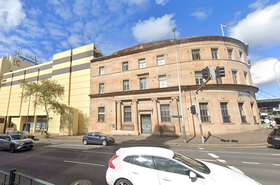Malaysia has said it won't ban Chinese vendors from playing a role in the build-out of its second 5G network, providing a timely boost for Huawei.
It means that the country will remain a free market, giving Malaysian mobile operators autonomy over choosing vendor partners, according to Bloomberg.
“The government itself is not entering into any contractual obligations with any of these network equipment providers," communications minister Fahmi Fadzil said. "It’s a commercial decision, and the ones who need to be convinced are the telecommunication companies, the mobile network operators."
His comments stem from recent warnings given by the European Union and the US to Malaysia about the risks of involving Huawei in the build-out of its 5G infrastructure, alleging that doing so would be a national security risk.
Fadzil noted that concerns from other nations will still be taken into consideration.
The country is set to deploy a second 5G network from January next year to rival the state-founded Digital Nasional Berhad (DNB), the company managing the country's single wholesale 5G network, which was set up by the previous government, with the intention of reducing costs and improving efficiency.
The plan to create a second 5G network has generated interest from Huawei, which has attempted to secure contracts to support the build.
An open tender process will be used to determine the winners of the contracts for the second network.
The sole 5G network has been heavily scrutinized by the current government over claims of transparency issues, which led Ibrahim's administration to review the DNB's state-owned 5G network.
Swedish vendor Ericsson was awarded a $2.5 billion tender to build the state-owned 5G network, with which the DNB aims to provide 5G coverage that reaches 80 percent of Malaysia's population by the end of the year.
CelcomDigi looks to the future
Elsewhere in Malaysia, CelcomDigi outlined plans last week to build Malaysia’s future digital network, which will see the operator integrate and modernize its 4G network with LTE and 5G-ready technology.
According to the company, the network deployment project involves 18,000 sites, following the merger of Celcom and Digi last year.
"This new integrated and modernized network unlocks the benefits and strengths of the merger between Celcom and Digi. We are excited to embark on this project for the country, to build the largest, most modern digital network using the latest in mobile telecommunications technology," said CelcomDigi CEO Datuk Idham Nawawi.
Nawawi confirmed that the telco has already deployed pilots in five clusters, including Sitiawan, Rawang, Bercham, Port Dickson, and Kuantan.
CelcomDigi's new digital network will integrate the two existing networks that have a combined footprint of 96.4 percent for 4G LTE and 90.3 percent for 4G LTE-A.







